How Are Modern Innovations Transforming the Future of Takeaway Packaging?
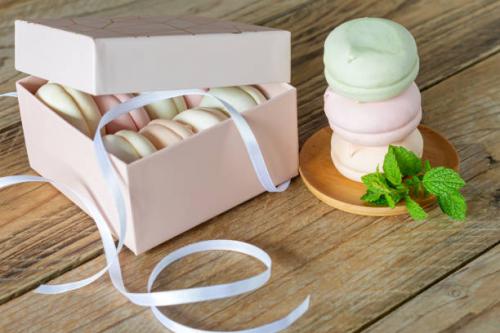
In today's fast-paced world, takeaway food packaging and coffee cups have become indispensable. These packaging solutions play a crucial role in the convenience food industry, enabling consumers to enjoy their meals and beverages on the go. The importance of takeaway food packaging and coffee cups extends beyond convenience, impacting environmental sustainability, public health, and economic growth. This article explores the various aspects of takeaway food packaging and coffee cups, from their history and evolution to future prospects, addressing the need for eco-friendly and sustainable solutions.
History and Evolution
The concept of takeaway food packaging dates back to ancient civilizations where leaves and clay containers were used for transporting food. With the advent of industrialization, materials like paper and plastic became popular for their convenience and cost-effectiveness.
Evolution of Coffee Cups
Coffee consumption dates back centuries, but the disposable coffee cup is a relatively modern invention. Initially, reusable mugs were the norm until the 20th century when disposable paper cups were introduced. This innovation catered to the growing demand for coffee on the go, leading to the widespread use of disposable coffee cups we see today.
Types and Categories of Takeaway Food Packaging
Paper is one of the most common materials used for takeaway food packaging. It's lightweight, cost-effective, and easy to print on, making it ideal for branding. Paper packaging includes items like burger wraps, sandwich bags, and paperboard containers.
Plastic Packaging
Plastic packaging offers durability and versatility. It includes items like plastic clamshell containers, pouches, and film wraps. Despite its widespread use, plastic packaging faces criticism due to its environmental impact, as it can take hundreds of years to decompose.
Aluminum Packaging
Aluminum is used for packaging that requires sturdiness and the ability to keep food warm. It's commonly used for takeaway trays and foil wraps. Aluminum is recyclable, but its production process can be energy-intensive.
Biodegradable Packaging
Biodegradable packaging is designed to break down more quickly than traditional materials. Made from natural substances like cornstarch or sugarcane, it offers an eco-friendly alternative to plastic and paper. Products include compostable cutlery, plates, and containers.
Recyclable Packaging
Recyclable packaging includes materials that can be processed and reused, such as certain types of plastic, glass, and metal. The effectiveness of recyclable packaging depends on proper waste management systems and consumer participation in recycling programs.
Types and Categories of Takeaway Coffee Cups
Paper cups are the most common type of takeaway coffee cups. They are typically lined with a thin layer of plastic to prevent leaks, which complicates recycling. Innovations in coating materials are being explored to make paper cups more environmentally friendly.
Plastic Cups
Plastic cups are often used for cold beverages. They are durable and can be recycled if made from the right type of plastic. However, their environmental impact is significant due to low recycling rates and long decomposition times.
Styrofoam Cups
Styrofoam, or expanded polystyrene, cups offer excellent insulation properties, keeping beverages hot or cold for longer periods. However, Styrofoam is notoriously difficult to recycle and poses serious environmental and health risks.
Compostable Cups
Compostable cups are made from renewable resources like cornstarch or PLA (polylactic acid). They are designed to break down in industrial composting facilities, offering a sustainable alternative to traditional disposable cups.
Reusable Cups
Reusable cups are made from durable materials like stainless steel, glass, or BPA-free plastic. They are designed for multiple uses, reducing waste and promoting sustainability. Many coffee shops offer discounts to customers who bring their own reusable cups.
Conclusion
In conclusion, takeaway food packaging and coffee cups play a vital role in modern consumer culture. The shift towards sustainable and eco-friendly packaging solutions is essential for minimizing environmental impact, ensuring public health, and promoting economic growth. By understanding the different types of packaging, their environmental and health implications, and the importance of innovation and regulation, businesses and consumers can make informed choices that support a more sustainable future.



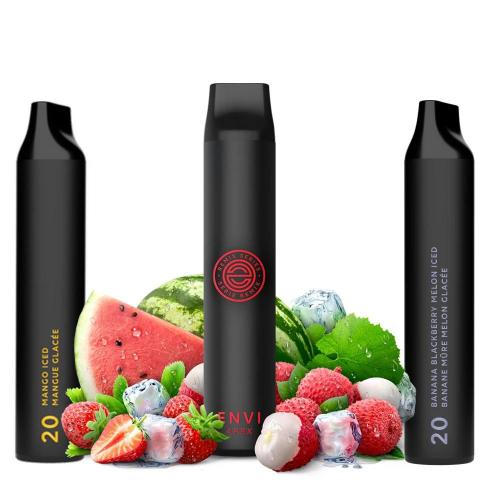

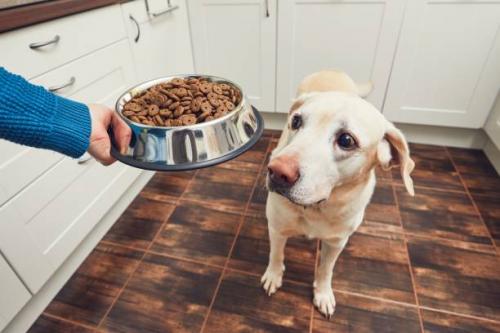
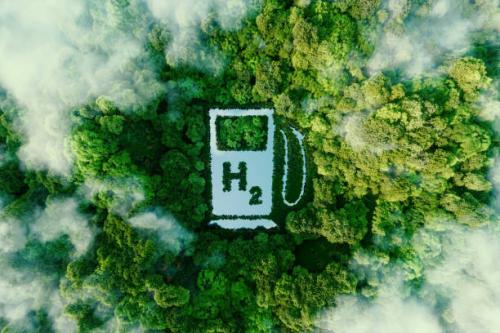
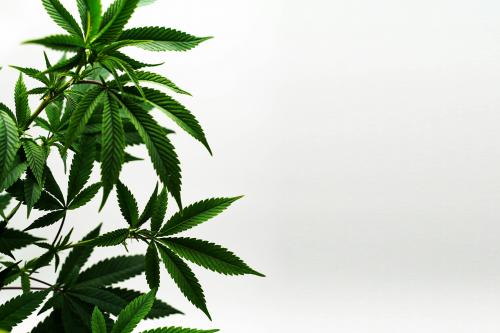

Comments